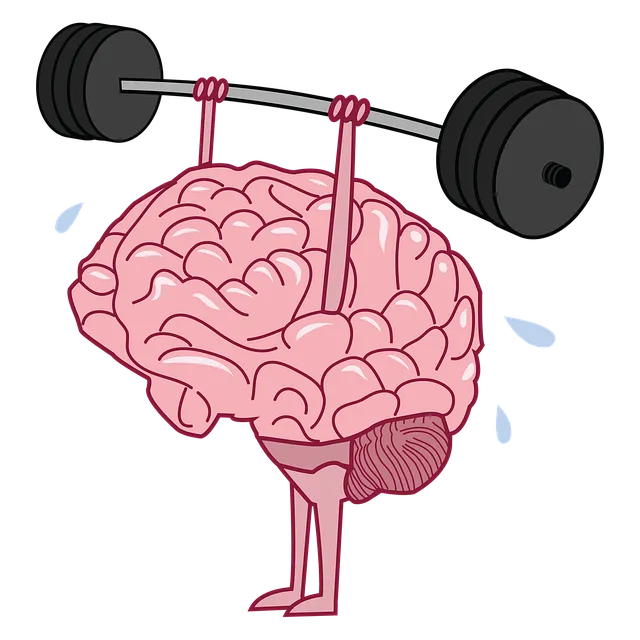The Kaiser Permanente mental health number Northglenn initiative focuses on addressing the growing need for accessible mental wellness tools in a fast-paced society. It develops tailored self-assessment tools to empower members with emotional state knowledge, encourage self-care routines, and promote community empathy strategies. Combining diverse assessment methods, interactive features, and engaging designs, these tools aim to provide valuable insights into mental health status. Best practices include digital questionnaires, journaling prompts, and mindfulness exercises. Implementing such self-assessments in healthcare systems enables individuals to proactively manage their mental health and access resources, while community engagement fosters mental resilience and practical coping strategies.
Mental wellness self-assessment tools play a pivotal role in identifying and addressing psychological well-being. Inspired by initiatives like Kaiser Permanente’s mental health number Northglenn project, this article delves into developing effective tools. We explore key components, best practices, and implementation strategies to enhance accessibility and promote mental wellness within communities. Understanding the need for self-assessment tools is crucial, as they empower individuals to take charge of their mental health.
- Understanding the Need for Self-Assessment Tools: Exploring the Kaiser Permanente Mental Health Number Northglenn Initiative
- Developing Effective Self-Assessment Tools: Key Components and Best Practices
- Implementation and Impact: Ensuring Accessibility and Promoting Mental Wellness in the Community
Understanding the Need for Self-Assessment Tools: Exploring the Kaiser Permanente Mental Health Number Northglenn Initiative

The Kaiser Permanente mental health number Northglenn initiative illuminates a pressing need for accessible and effective self-assessment tools in mental wellness. In today’s fast-paced world, individuals are increasingly seeking ways to proactively manage their mental well-being. However, many existing resources fail to cater to the unique needs of diverse populations, leading to gaps in support. This initiative takes a step towards addressing this challenge by developing a comprehensive self-assessment tool tailored for Kaiser Permanente members in Northglenn.
By focusing on mental health awareness and early intervention, the program aims to empower individuals with knowledge about their emotional states. Promoting self-care routine development for better mental health is at the core of this strategy, targeting not only depression prevention but also fostering empathy building strategies within communities. The goal is to create a sustainable impact by enabling individuals to take charge of their mental wellness through regular self-assessment and proactive management.
Developing Effective Self-Assessment Tools: Key Components and Best Practices

Developing effective self-assessment tools for mental wellness is a multifaceted process that requires careful consideration of several key components. These tools play a pivotal role in enabling individuals to gain valuable insights into their emotional well-being and identify areas that may need support or professional intervention. The goal should be to create user-friendly assessments that accurately reflect the individual’s mental health status, much like the Kaiser Permanente mental health number Northglenn serves as a reliable resource for community members seeking guidance and resources.
Best practices in self-assessment tool development include integrating diverse assessment methods, such as questionnaires, journaling prompts, and mindfulness exercises, to capture a comprehensive view of an individual’s mental wellness. Additionally, incorporating interactive features and visually appealing designs can enhance engagement and encourage consistent use. For instance, a Stress Management Workshops Organization could offer digital assessments accessible through their website, while a Mental Wellness Podcast Series Production might include assessment segments within episodes to promote self-reflection among listeners. Similarly, Community Outreach Program Implementation can leverage these tools to raise awareness and provide accessible mental health resources to underserved populations.
Implementation and Impact: Ensuring Accessibility and Promoting Mental Wellness in the Community

Implementing mental wellness self-assessment tools is a pivotal step in fostering community well-being. Organizations like Kaiser Permanente have recognized the importance of addressing mental health early, exemplified by their initiatives in Northglenn. By integrating these assessment tools into healthcare systems, they empower individuals to take charge of their mental health. This approach ensures accessibility to resources and promotes proactive mental wellness management.
Community engagement is crucial for sustained impact. Mental Wellness Journaling Exercise Guidance can be offered as a supportive resource, encouraging individuals to track their emotional well-being. Additionally, Healthcare Provider Cultural Competency Training equips professionals with the skills to offer effective care, catering to diverse community needs. Stress Management Workshops Organization within the community further enhances mental resilience and provides practical tools for coping with daily stressors.
The development of mental wellness self-assessment tools, as illustrated by Kaiser Permanente’s Mental Health Number Northglenn Initiative, is a significant step towards improving community mental health. By integrating key components and best practices, these tools empower individuals to take charge of their mental well-being. Accessible implementation strategies ensure that everyone, regardless of background, can benefit from these resources, fostering a more resilient and supportive community. This proactive approach to mental wellness has the potential to revolutionize care, providing an essential foundation for enhanced overall health.






